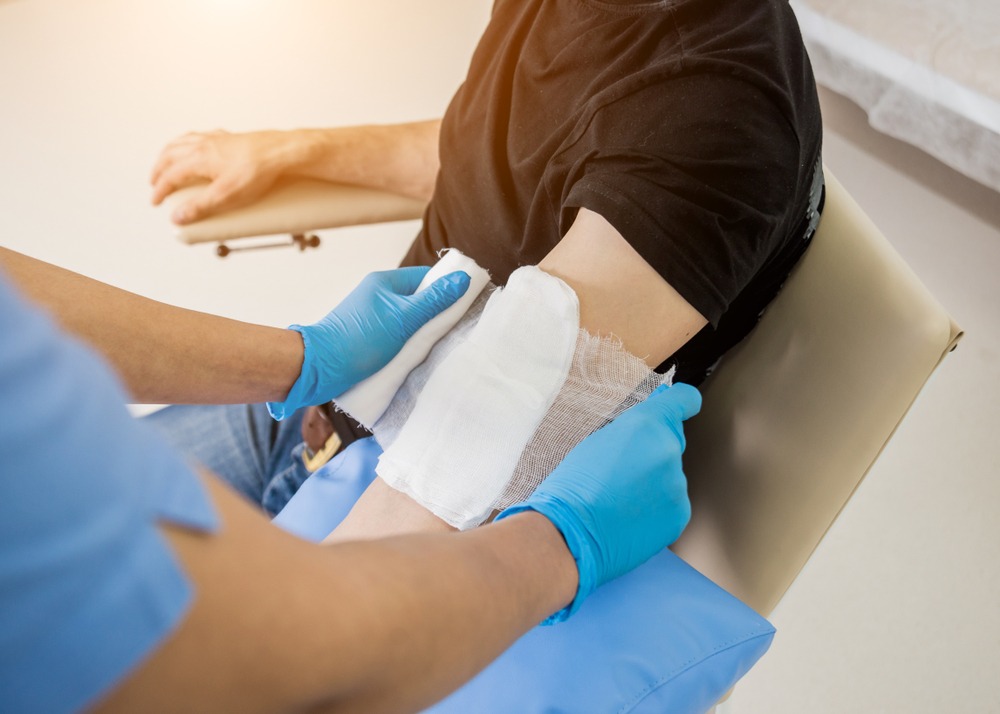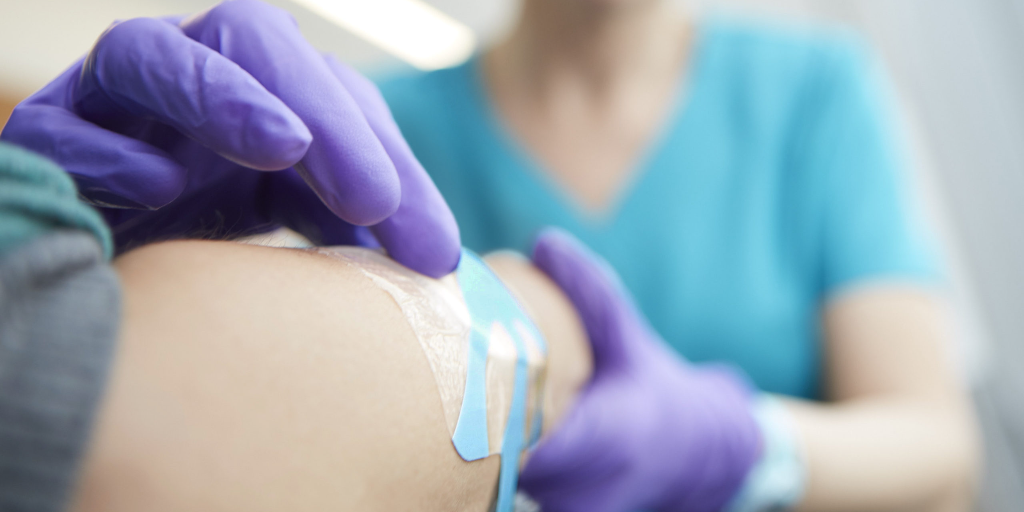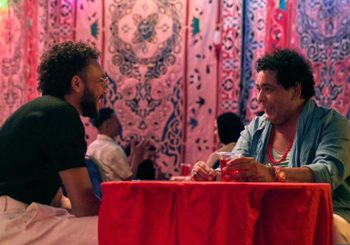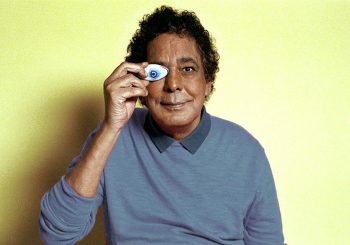In 2021, the World Health Organization (WHO) revealed that nearly 70 percent of deaths in Egypt are a result of chronic diseases including diabetes, heart disease, stress, and cancer. Most of these diseases impact the formation of wounds, infection, and the process of healing in the case they are cared for, and infection in cases of negligence.
Today, many countries are realizing the importance of the wound care industry and wound care research. As a rapidly growing area of science, the global wound care market size was valued at USD 17.49 billion (EGP 327 billion) in 2021, and is expected to amount to USD 28.23 billion (EGP 528 billion) by 2029.
Following her talk at the recent Egypt Can conference, Egyptian Streets reached out to Mariam Botros, CEO of Wounds Canada, for a Q&A session about the global wound care industry, its presence in the Egyptian healthcare system, and potential partnerships to accelerate its growth.

What are some of the barriers to the presence and growth of the wound care industry in the Egyptian healthcare system?
In 2011, the WHO and the United Nations (UN) issued a warning that the major global health threat was not communicable but non-communicable disease – including diabetes and cardiovascular disease, both of which are linked to chronic wounds. Often overshadowed by higher-profile conditions, wounds are a major and under-recognized health issue across the world.
Globally, wound care was an underrecognized phenomenon, mainly because it is really related to chronic disease. We saw a surge in chronic disease several years ago, people used to die early, now they’re living longer, we have a lot more comorbidities such as diabetes, cardiovascular disease, wounds related to immobility, and even addictions; there’s a lot of wound-related sores that are associated with injection sites. So their chances of developing these complicated wounds are much higher. It is an evolving field that has been growing.
Many governments are starting to recognize the enormous economic and social impact of wounds that calls for greater attention to this area of healthcare, and more effective allocation of resources to prevent and treat wounds. I commend the Egyptian government for taking steps and recognizing this as an area that they need to take care of. Like many other geographies, they are recognizing that this is a tsunami, and trying to figure out how a strategy can be developed.
When I was invited as an expatriate, I was excited to see that they had interests in wound care, that they were looking at this area to expand both at the industry level, and to improve population health.
How can we develop wound care practices in Egypt?
Improving wound care practices in Egypt can be done by increasing competency and local expertise, developing specialty clinics, and creating the path to expand an evidence-based competitive skin and wound care local industry to support affordable and accessible products.
As an Egyptian expatriate and CEO of a Canadian wound care NGO, we wanted to share our organizational experience to advance this space. We support the movement of knowledge from research to bedside by supporting capacity building and training. We form a forum for dialogue and knowledge exchange, and we build a sustainable research and scientific network, to support greater research and greater innovations.
We also develop sustained linkages with all the stakeholders, such as patients, caregivers, industry members, government bodies, and the clinical, as well as the scientific and research community, so that they’re always in dialogue. This helps in advancing public health policies that can improve patient care, and support economic improvements within that industry.
With the prevalence of obesity and diabetes worldwide, how does the absence of wound care management and research negatively affect the healthcare industry in Egypt?
Comorbidities and conditions like diabetes can increase the chances of developing a hard to heal chronic wound. These wounds have a substantial but often unrecognized impact on those who suffer from them, on their careers and on the health care system. Wounds, increasingly being referred to as the hidden epidemic, have serious patient consequences including intractable pain, infectious complications, hospitalization, reduced quality of life, depression, and increased risk of death.
The lack of knowledge, capacity and awareness results in limited and improper utilization of wound care products. Training and experience in the use and application of dressings and therapies is paramount to healing complex wounds.
Have you started any talks or initiatives with the Egyptian government?
The Egypt Can conference was a great start to talk about where we stand and where we can go. We are starting the dialogue. Like anywhere else, whenever we start discussions with the government, it’s always about forming alliances and alignments, and then figuring out where there is a need that we can serve to support the evolution of this space.
We are hoping to share our experience with the government, while recognizing that we have to adapt it to fit the needs of the Egyptian society and community. We want to collaborate and jointly develop a national wound care strategy for prevention and management of wounds within the Egyptian healthcare system, to increase knowledge, awareness, build capacity, and develop the research and scientific network.
At Egypt Can, you spoke of an Egyptian-Canadian partnership regarding wound care research in Egypt, can you tell us more about it?
Established in 1995, Wounds Canada is an NGO dedicated to the advancement of wound prevention and management for all Canadians. We accomplish this by advocating for a population health approach that promotes best practices to support persons at risk of or living with wounds, health decision makers, and frontline clinicians. We develop and provide educational programs and resources as well as support research to further advance this holistic, risk-based approach. We foster relationships with interested individuals and organizations to expand and sustain a robust community in Canada that also has mutually beneficial global connections.
Our goal is to reduce the prevalence and incidence of wounds of all types and the negative consequences they bring—including patient suffering and wasted health-care dollars.
As an established knowledge broker in the field of wound care, we are hoping to share our organizational experience with the Egyptian government to support their important and innovative work in this area, align with their strategic priorities, and advance the growing Egyptian wound care industry sector.
My hopes are for us to co-create a strategy where we build competencies, build the scientific and research network, connect key stakeholders, such as media to increase awareness, develop specialty clinics, and pave the pathway to a very competitive Egyptian based industry in this field.







Comments (0)